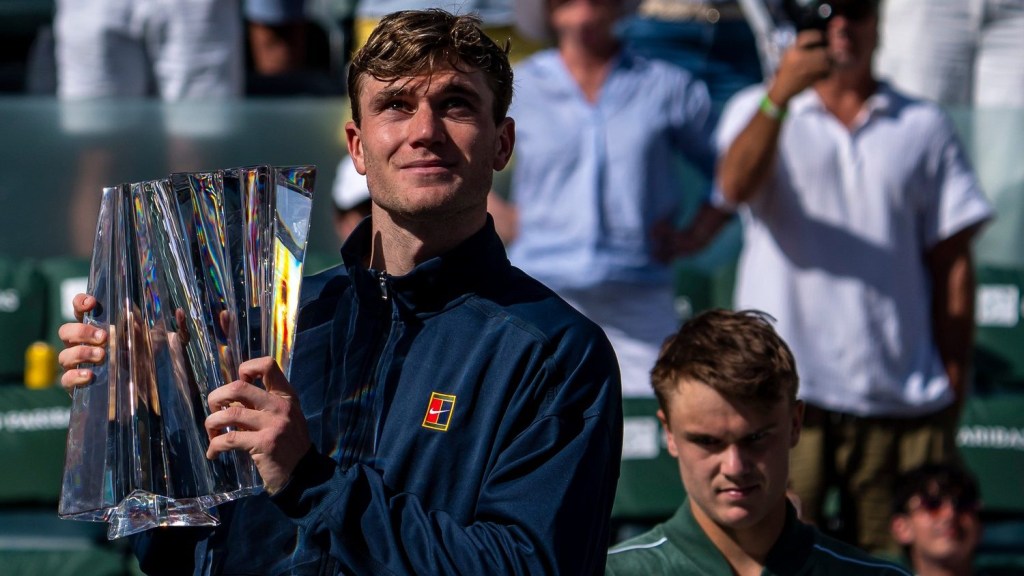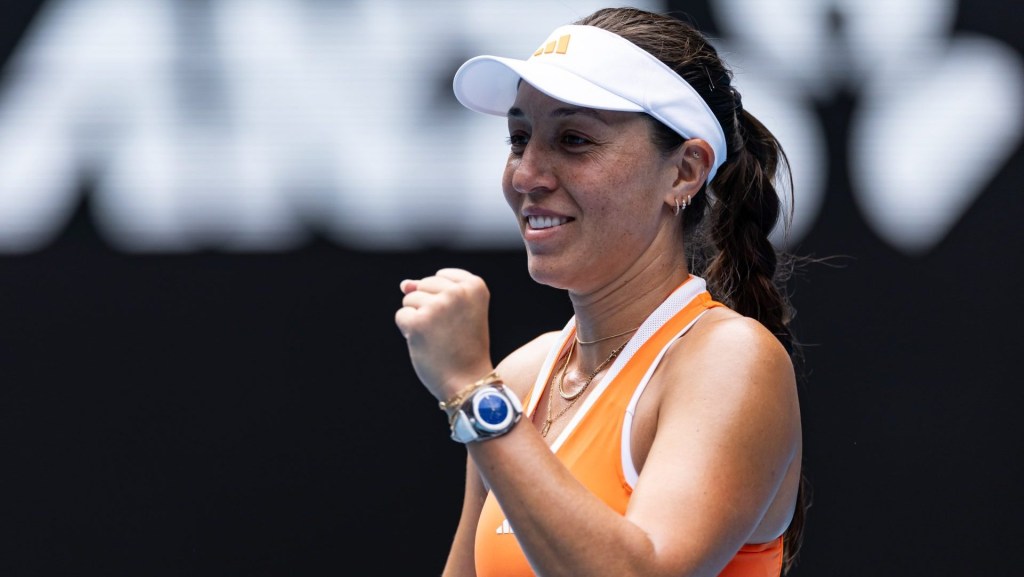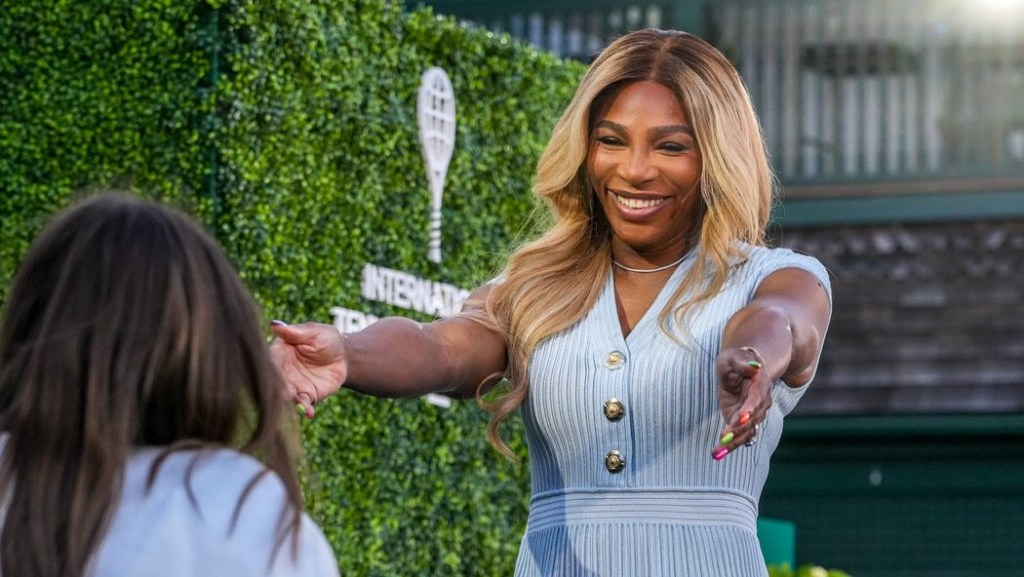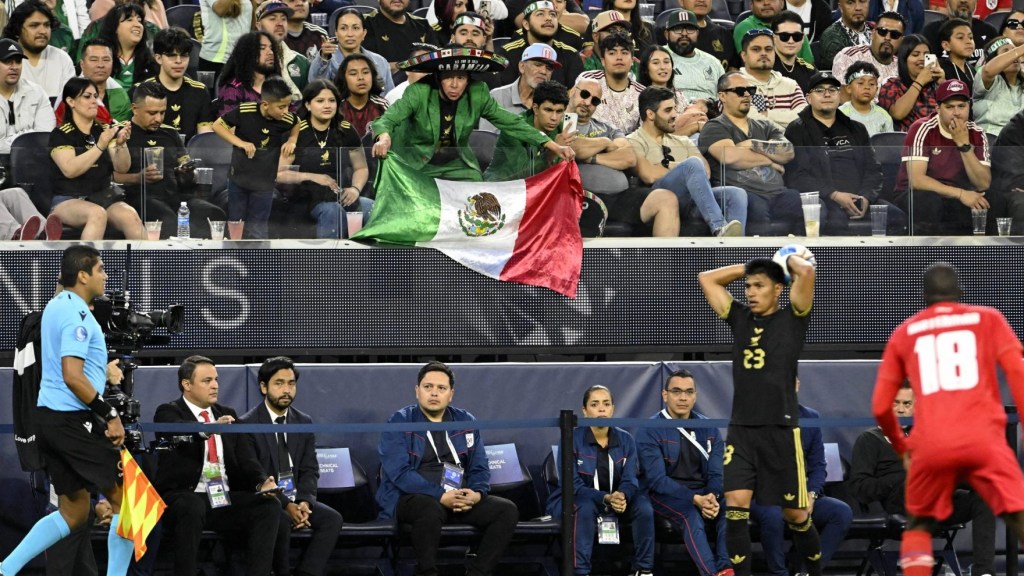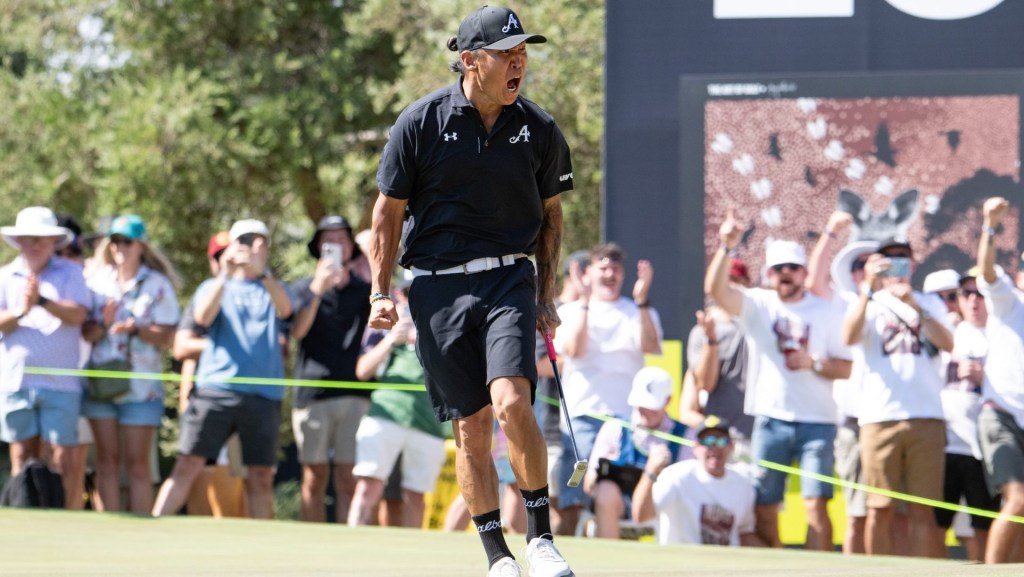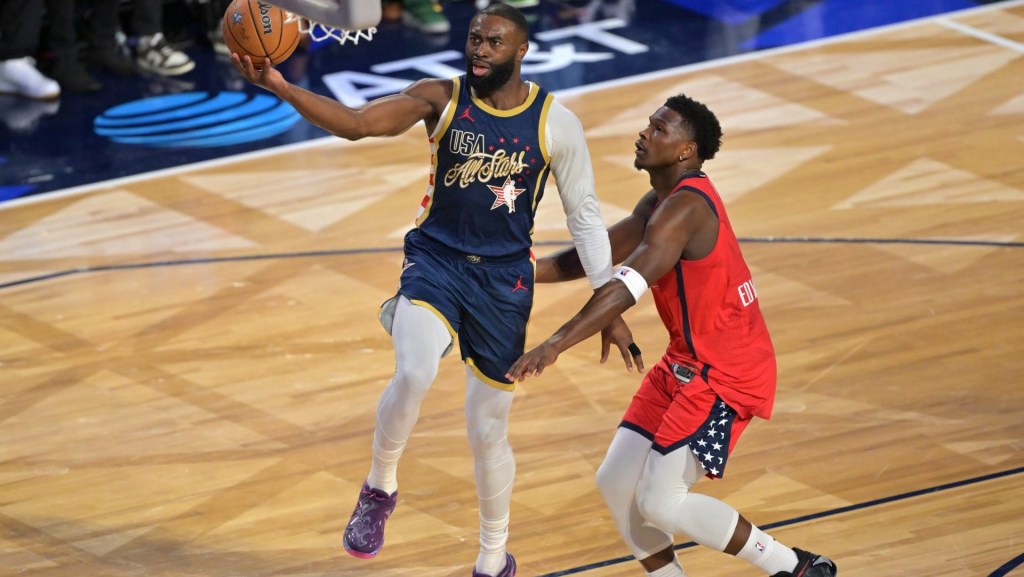Following in the footsteps of his father, legendary driver Dale Earnhardt, Dale Jr. has won 26 NASCAR Cup Series races and 24 Xfinity Series races in a career that began in 1996.
Dale Jr. retired from full-time racing in 2017. Does the 2021 NASCAR Hall of Fame inductee miss it?
“Terribly,” Earnhardt Jr. told Front Office Sports. “And I think that’s OK; it’s healthy.”
The 47-year-old scratches that itch by driving in one Xfinity Series race a year and spends the rest of his time with his family, co-owning the JR Motorsports race team, serving as TV analyst for NBC Sports Group, writing best-selling books, and delving deeper and deeper into the business world.
Now, Earnhardt Jr. and his wife Amy are launching High Rock Vodka nationwide this Spring.
The couple had been looking for a business opportunity to share, and it turned out to be vodka.
“Dale and I have done quite a few personal projects together and work really well together,” Amy said. “So when this opportunity came about, it was more exciting than anything, just because we knew this is something that we could do that was both of ours.”
Sunday’s Daytona 500 kicked off the new NASCAR season, and the two-time winner sat down to discuss his love of racing and why he’s so drawn to business.
Do you still have that itch to be in the driver’s seat?
I miss it really bad, but I compartmentalize it. When I’m at a racetrack, I’m reminded every 10 minutes of either something I miss or something I do not miss. It’s a healthy thing, because when I take that into the TV booth with me — missing the driving — I think it comes out as passion. I’m excited about what I’m seeing, and you can tell that I want to be there.
I hang on to a little bit of that. I think it’s healthy to miss it.
What do you miss the most?
Just racing, driving, being out on the track, swapping positions with other drivers and competing against other guys — and just being in the car.
I feel incredibly alive when I’m behind the wheel of a race car, driving a car around a track, especially in competition.
What do you think set you apart from other drivers?
That is a tough question. I feel like my style wasn’t unique, but I was trying to just always be very smart and decisive and never put myself in a compromising situation — or where I was risking too much, so that it was going to be detrimental to being able to finish the race and do well.
I never was really a hot-lapper, a guy who could go out there and just throw down a massively fast lap right out of the gate. But I was the guy that was going to prod and push all day long and could be as fast as anybody on old, worn-out tires late in the day. That was kind of the method that I used and how I approached it.
Why are you so passionate about your business ventures outside of auto racing?
It’s just trying to find something that is best long-term that we can share with our kids and multiple generations.
Amy and I are in a position where we really don’t have to work and we’re in a pretty good situation financially, but I want to go beyond that and present opportunities for our kids to have involvement in businesses as they become adults.
Why did you and Amy choose vodka?
I was already a fan of vodka, so I felt pretty comfortable with getting into that business, especially with Sugarlands Distilling. Their filtering process is a little unique and special, and it will set us apart from the others in a crowded space.
Were you always interested in post-racing business opportunities?
I always used George Foreman’s grill as an example of what all of us athletes are looking for. We want success on the playing field or on the race track, but we’re also all looking for that Foreman deal. I felt that was a pretty good analogy because George had a lot of success with that, and I think every driver out there is trying to find their place in the business world and find something that succeeds.
Amy and I are actively in the pursuit of that, and I think we’re creating some special things.
Do you see any parallels between success in racing and in business?
Racing is extremely exciting, it’s thrilling, very adrenaline-packed. Every single day there’s danger and drama, and there’s so much joy when you win, and frustration and failure when you lose. I feel like that you can certainly find that same thing in the business world, and I’m driven by the competition and winning — succeeding and celebrating with a group of people. That’s what I enjoyed about racing, and I think that’s what I’m trying to find elsewhere.
What’s more cutthroat, the business world or driving in a big race?
They both can be a challenge, you know? Anytime you create a new product like High Rock, the public’s opinion will decide your fate. I feel like that’s not so much the case behind the wheel of a race car. And I felt the same way when I got in the broadcast booth. I might like this and I might enjoy doing it, but I will only be here if people want me here and the viewer really enjoys what I’m doing.
That will decide whether I’m here or not. It won’t be my decision. I think the scary part of the business world is that you need to have a really great product to succeed. You really can’t fake it.
You had so many great moments throughout your racing career. Are there any that stand out in particular?
Winning the Daytona 500 (in 2004 and ’14). Those two are fresh on my mind this time of year.
Any kind of victory lane celebrations where my dad was present are always popping into my brain.
I see a lot of photos that people post on Twitter and social media, and they’re constantly celebrating my dad or something that I’ve done, and I love seeing those memories because I think about the race or the moment that it represents. I really enjoy that about social media, seeing a lot of the past and the history that people share.
You won NASCAR’s Most Popular Driver Award 15 consecutive times from 2003-17. Why do you think you connected with the fans so well?
I think I was always honest and open. Very early in my career, during interviews and working with the media, I was super-honest and open, and people knew that I was telling the truth and was genuine. The things that I felt and thought about, and the emotions I shared, were relatable.
People felt like they knew me, that I would be easy to have a conversation or a beer with. I have people that I would love to sit down and have dinner and talk to, and I feel like people felt that way about me.
What are the biggest storylines in NASCAR this year?
The car is a big unknown — with the arrival of the Next Gen cars. That’s really going to be at the top of the board for several weeks.
Taking this car to all these racetracks for the first time is just going to be very stressful for the teams and for the drivers — trying to figure out how to get the car to handle and drive right. Some teams are going to do a great job, some are going to get lucky, and some are going to struggle.
Also, we have the new configuration at Atlanta coming up [on March 20]. That’s going to be a very anxiety-riddled weekend for the drivers trying to get around that racetrack in competition with the reconfiguration, new asphalt, and high speeds.
We’re going into the season feeling like nothing can surprise us.
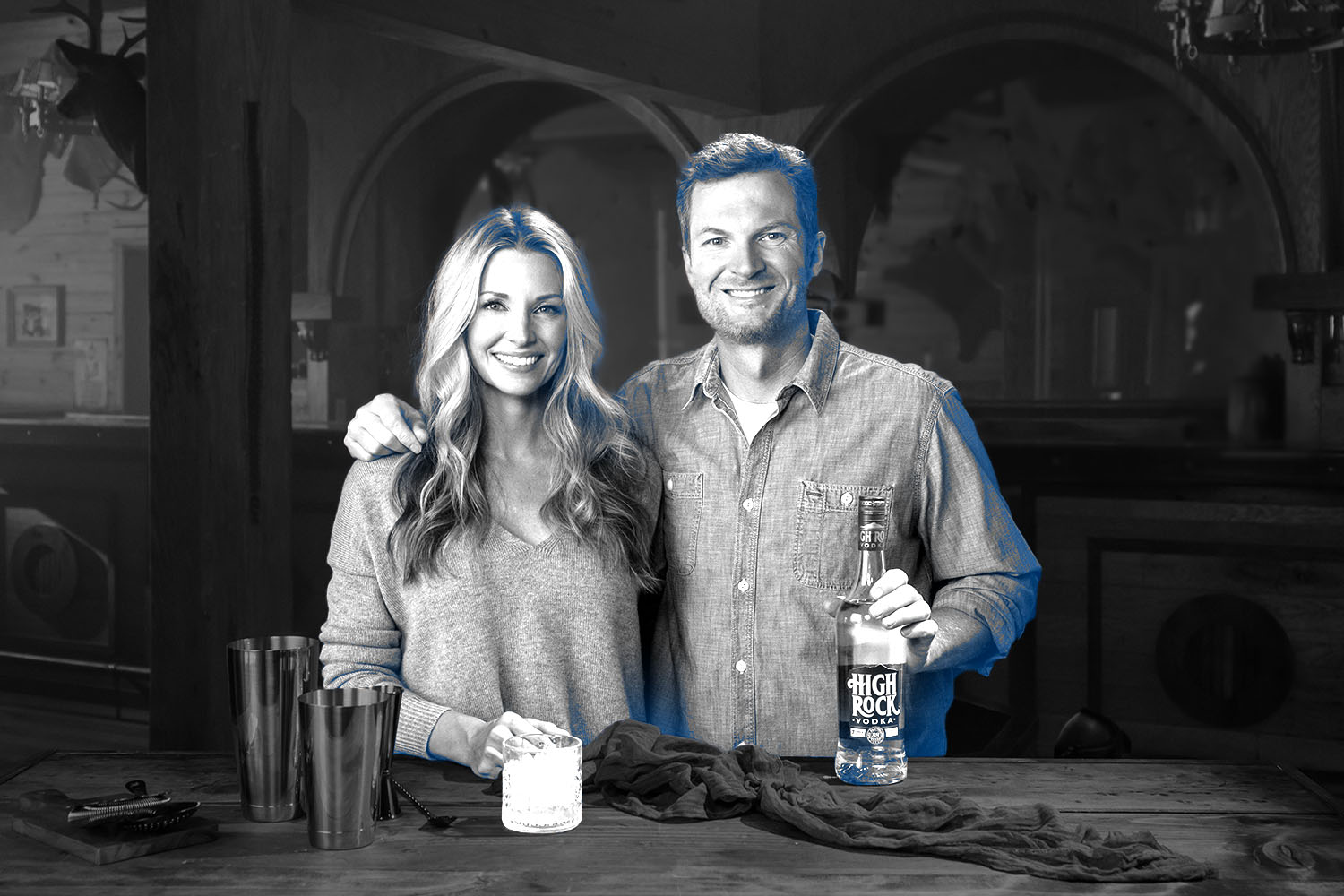
![[Subscription Customers Only] Jun 15, 2025; Seattle, Washington, USA; Botafogo owner John Textor inside the stadium before the match during a group stage match of the 2025 FIFA Club World Cup at Lumen Field.](https://frontofficesports.com/wp-content/uploads/2026/02/USATSI_26465842_168416386_lowres-scaled.jpg?quality=100&w=1024)
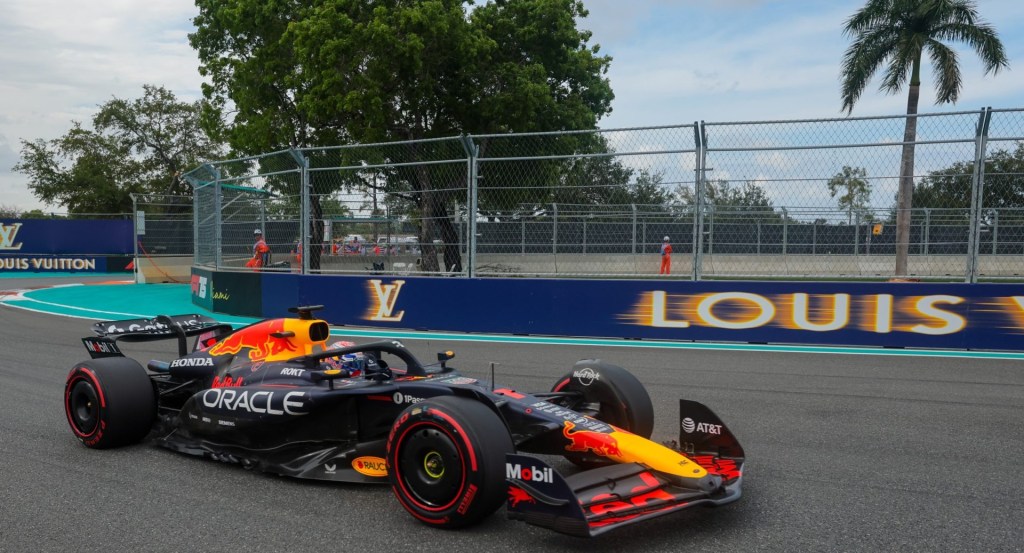
![[Subscription Customers Only] Jul 13, 2025; East Rutherford, New Jersey, USA; Chelsea FC midfielder Cole Palmer (10) celebrates winning the final of the 2025 FIFA Club World Cup at MetLife Stadium](https://frontofficesports.com/wp-content/uploads/2026/02/USATSI_26636703-scaled-e1770932227605.jpg?quality=100&w=1024)






